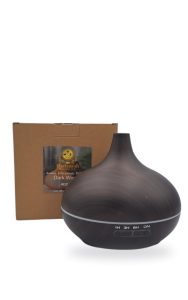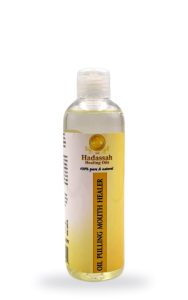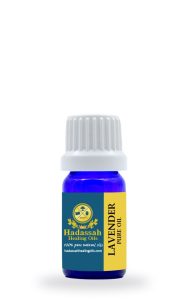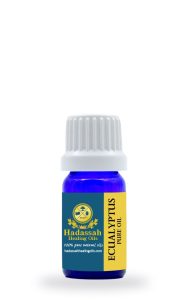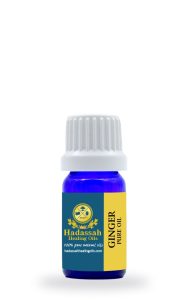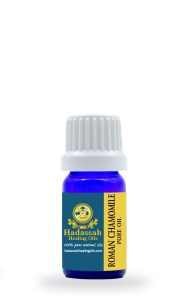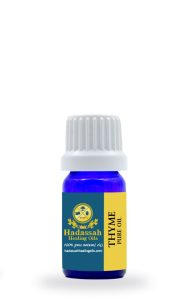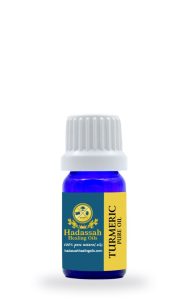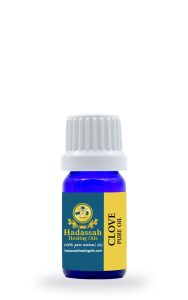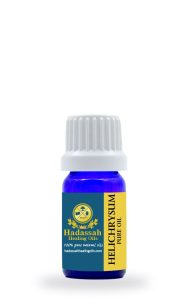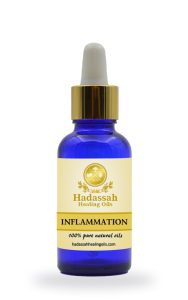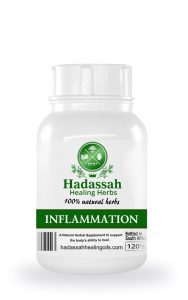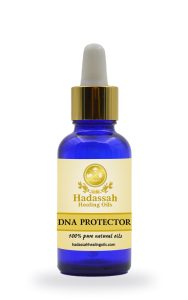What is inflammation?

Inflammation refers to the body’s process of fighting against things that can harm it.
It is the body’s response to illness or injury and is a sign that the body is doing its job. This response is a part of our body’s defense system and can be caused by several things. Injuries, poor health, diet, lack of exercise, illness, disease, a sedentary lifestyle, lack of quality sleep, and more can all be contributing factors.
Additionally, inflammation can be present in different parts of the body. It can occur inside the body, affecting areas such as muscles, joints, tendons, and organs, or it can occur outside the body on the skin.
There are many factors to consider. A great place to start would be examining your lifestyle. Diet, exercise, supplements, adequate fluid intake, reducing stress, and getting quality sleep are all things that can help to reduce inflammation.
Please note: This blog is supported by its readers and contains affiliate links. This means that, if you choose to make a purchase, I may earn a commission (at no extra cost to you). For more information visit the Disclaimer Page.
There are two types of inflammation - acute and chronic
Acute inflammation is usually associated with pain and swelling caused by an injury or reaction within the body.
When something damages your cells, your body releases chemicals that trigger a response from your immune system. This response includes the release of antibodies and proteins, as well as increased blood flow to the damaged area. The whole process usually lasts for a few hours or days in the case of acute inflammation.
Chronic inflammation happens when this response lingers, leaving your body in a constant state of alert. It is usually caused by an illness or disease and may go unnoticed for some time.
Over time, chronic inflammation may harm your tissues and organs. Some suggest that chronic inflammation could also play a role in a range of conditions, from cancer to asthma.
It is beneficial to determine if the inflammation is acute or chronic.
Acute inflammation
Symptoms
- Redness
- Heat
- Swelling
- Pain
- Infection
- Loss of function
Causes
- llnesses
- Injuries
- Bacterial infections
- Common viruses
It is something that happens instantly and can be severe.
Chronic inflammation
Symptoms
While acute inflammation often causes noticeable symptoms, chronic symptoms are usually subtler. This makes them easy to overlook. Common symptoms of chronic inflammation include:
- Fatigue
- Insomnia
- Depression
- Anxiety
- Mood disorders
- Body pains and aches
- Gastrointestinal complications (like constipation, diarrhea, and acid reflux)
- Frequent infections
- Weight gain or weight loss
- Balance issues
- Insulin resistance
- Muscle weakness
- Eye problems
- Skin issues and more
- Food allergies
Causes
- Untreated causes, such as an infection or injury.
- An autoimmune disorder that involves your immune system mistakenly attacking healthy tissue.
- Long-term exposure to irritants, for example, industrial chemicals or polluted air.
- It also seems that alcohol, smoking, obesity, or chronic stress may contribute to chronic inflammation.
Keep in mind that it doesn’t cause chronic inflammation in everyone. In some cases, there also might not be a clear underlying cause.
How does chronic inflammation impact the body?
When you have chronic inflammation, your body’s inflammatory response can eventually start to damage healthy cells, tissues, and organs. Over time, this can lead to DNA damage, tissue death, and internal scarring. All of these are linked to the development of several diseases, including cancer, heart disease, rheumatoid arthritis, type 2 diabetes, asthma, obesity, and neurodegenerative diseases, such as Alzheimer’s disease,
It occurs in the body when the immune system is activated. The body senses that something is wrong, so it sends blood cells to the specific area to help heal the problem and kill off any “invaders.”
Not all inflammation is good. The body can’t necessarily tell whether something is wrong or if it is just stressed because of a short-term project at work. In both instances, the body will produce an inflammation response to try to bring healing in any way it can. But over time, this may drain the immune system or trigger problems in other parts of the body.
Antioxidants can reduce the harmful effects thereof in the body. This is why it is important to eat antioxidant-rich foods. Although research is limited, some researchers studied whether essential oils can be adequate sources of antioxidants. Some evidence suggests that the oils can be beneficial to reduce inflammation.
According to some of those studies it was found that the following essential oils had anti-inflammatory properties: thyme, clove, rose, eucalyptus, fennel, and bergamot.
Inflammation affects the whole body and essential oils can be used in a few different ways for treatment
Diffusion
A diffuser will allow essential oil particles to disperse directly into the air. Inhaling the scent may help with relaxation. If inflammation is stress-related, this may be very beneficial to help reduce the stress.
Massage
Apply diluted essential oil directly to the affected area to help reduce swelling and pain.
By mouth
Although rare, some types of essential oils are meant to be gargled. Researchers found that using an essential oil mouthwash helped reduce gum inflammation caused by gingivitis.
The “Oil Pulling Mouth Healer” blend of Hadassah Healing Oils, contains a few oils that all work wonderfully in the mouth, sensitive teeth, and gum health. It detoxifies, draws out poison and reduces chronic inflammation, and also stimulates nerve restoration.
Oil pulling is an ancient practice that involves swishing oil in your mouth to remove bacteria and promote oral hygiene, and bad breath, prevent cavities and restore dental decay.
To learn more about the different essential oils or to get yours, click below
Hadassah Healing Oils has developed an Inflammation Ingestible Blend and a Herbal Capsules Blend specifically designed to help lower inflammation in the body.
The Inflammation Blend supports the body’s natural anti-inflammatory processes. This blend combines therapeutic-grade essential oils known for their potent anti-inflammatory, analgesic, and antioxidant properties.
The ingredients work synergistically to reduce inflammation, relieve pain, and promote joint, tissue, and systemic health. This product is intended for individuals experiencing chronic or acute inflammation and those looking to support their body’s immune function and cellular repair mechanisms.
If you’d like to learn more about the benefits of the Inflammation blend or get yours, click on the image.
Some herbs in this inflammation formulation are known to have anti-inflammatory, anti-viral, anti-bacterial, and anti-fungal properties, to assist the body to fight inflammation and reduce pain and stiffness.
If you’d like to learn more about the benefits of the Inflammation Herbal formulation or get yours, click on the image.
To learn more about the Hadassah Healing Oils protocols for inflammation and others, follow the links below:
Hadassah Healing Oils developed a “DNA Protector” blend that includes essential oils that can be effective and supportive to the healing process when used by cancer patients, in the case of autoimmune disease and vaccine injuries. This blend will also help to protect your DNA against altering substances.
If you’d like to learn more about the benefits of the DNA Protector blend or get yours, click on the image.

Hadassah Healing Oils
Learn more about the heart of Hadassah Healing Oils
Recommended Reading
To read about the best essential oils every home should have, go to:
What are the 5 best essential oils every home should have?
To learn more about the basics of essential oils, go to:
What are Essential Oils? (The Basics)

Click on the link to check out the book:
“The Essential Oils Apothecary”: https://amzn.to/3zPnejm
Special Invitation from Audible!
Enjoy a free 30-day trial.
Pick one title and it is yours to keep (for free).
To check out the audiobook, click here: https://amzn.to/3PxQnWg

